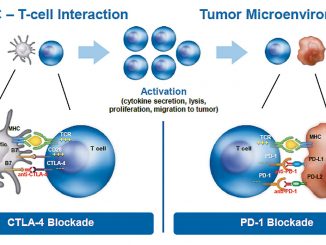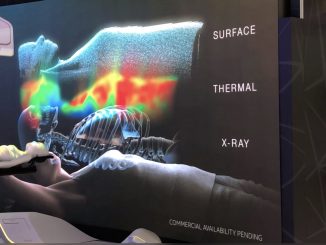More than 28,500 participants from 138 countries worldwide pacifically invaded Barcelona, Spain, from September 27 to October 1, attending 299 sessions with 2,218 accepted abstracts and 93 late-breaking abstracts, during the event organized by ESMO in partnership with the European Association for Cancer Research (EACR). Basic, translational and clinical researchers met to discuss the latest outbreaks in oncology with the common aim of advancing patient care and learning from each other. “Translating science into better cancer patient care” was the tagline of the 2019 annual meeting of the European Society of Medical Oncology (ESMO), the largest event in Europe for exchanging ideas between researchers and clinicians working on cancer.
“In recent years there has been major progress in the diagnosis and treatment of patients with cancer, which has come about through an in-depth understanding of cancer biology at the tumour and patient-level,” said Jean-Yves Blay, Centre Léon Bérard, Lyon, France, ESMO Scientific Co-Chair of the congress. “The ESMO congress provides an occasion to reflect on and adjust our research efforts based on critical issues that arise in the clinic” echoed Anton Berns, Netherland Cancer Institute, Amsterdam, EACR Scientific CO-chair of the congress.
Immunotherapy, alone or in combination with other treatments, was the focus of many discussions, confirming the pivotal role of immune-based approaches in cancer research today. New ideas were analysed in depth, such as the possibility to turn cold tumours into, hot or the gender differences affecting immunotherapy efficacy.
New insights emerged in different aspects of cancer treatment highlighting the effort of “going beyond”, like the possibility to use CAR T-cell therapies in solid tumours and to treat a wider population of women with advanced ovarian cancer with PARP inhibitors, potentially leading to a practice-changing role for these molecules.
Attention was given to some specific “gender issues” both from a clinical point of view – exploring sex and gender-sensitive medicine – and from a more political one, shedding light on the current role of women in oncology.
Last but not least, the 2019 congress was the perfect occasion to present the new ESMO Patient Guide on Cancer Pain Management and to talk about the importance of Patient-Reported Outcome Measures (PROMs) in daily clinical practice and to address the issue of the economic and social sustainability of the new (and very expensive) cancer drugs.
The 2020 meeting will be held again in Spain, but this time in Madrid, from 18 to 22 September.





